Freakonomics: A Rogue Economist Explores the Hidden Side of Everything
Summary:
Which is more dangerous, a gun or a swimming pool? What do schoolteachers and sumo wrestlers have in common? Why do drug dealers still live with their moms? How much do parents really matter? How did the legalization of abortion affect the rate of violent crime?
These may not sound like typical questions for an economist to ask. But Steven D. Levitt is not a typical economist. He is a much-heralded scholar who studies the riddles of everyday life—from cheating and crime to sports and child-rearing—and whose conclusions turn conventional wisdom on its head.
Freakonomics is a groundbreaking collaboration between Levitt and Stephen J. Dubner, an award-winning author and journalist. They usually begin with a mountain of data and a simple question. Some of these questions concern life-and-death issues; others have an admittedly freakish quality. Thus the new field of study contained in this book: freakonomics.
Through forceful storytelling and wry insight, Levitt and Dubner show that economics is, at root, the study of incentives—how people get what they want, or need, especially when other people want or need the same thing. In Freakonomics, they explore the hidden side of . . . well, everything. The inner workings of a crack gang. The truth about real-estate agents. The myths of campaign finance. The telltale marks of a cheating schoolteacher. The secrets of the Klu Klux Klan.
What unites all these stories is a belief that the modern world, despite a great deal of complexity and downright deceit, is not impenetrable, is not unknowable, and—if the right questions are asked—is even more intriguing than we think. All it takes is a new way of looking.
Freakonomics establishes this unconventional premise: If morality represents how we would like the world to work, then economics represents how it actually does work. It is true that readers of this book will be armed with enough riddles and stories to last a thousand cocktail parties. But Freakonomics can provide more than that. It will literally redefine the way we view the modern world. (Summary and cover courtesy of goodreads.com)
Review:
This book is one of those reads that will continue to stay with you long after you finish it. Over the last year I have gotten into the Freakonomics podcast and I realized that I never posted a review for the book. In the “Freakonomics” book, we are given insights that challenge long-held assumptions, but then explains why they are incorrect. Some of the valuable takeaways are around the way you might choose to react to a news story or a statistic that is quoted.
Although the factoids are extremely interesting, but learning a different way of looking at things is the lasting impact of the book. Multiple times I have caught myself questioning the validity of the media and whether the whole story was being uncovered (intentional or not). I would highly recommend this book to anyone interested in the invisible forces that influence day-to-day life and how you can work within them!
Rating: 5 stars!
Who should read it? This is one I think anyone would find interesting!
Want to read the whole series?
SuperFreakonomics: Global Cooling, Patriotic Prostitutes and Why Suicide Bombers Should Buy Life Insurance
Think Like a Freak
When to Rob a Bank


